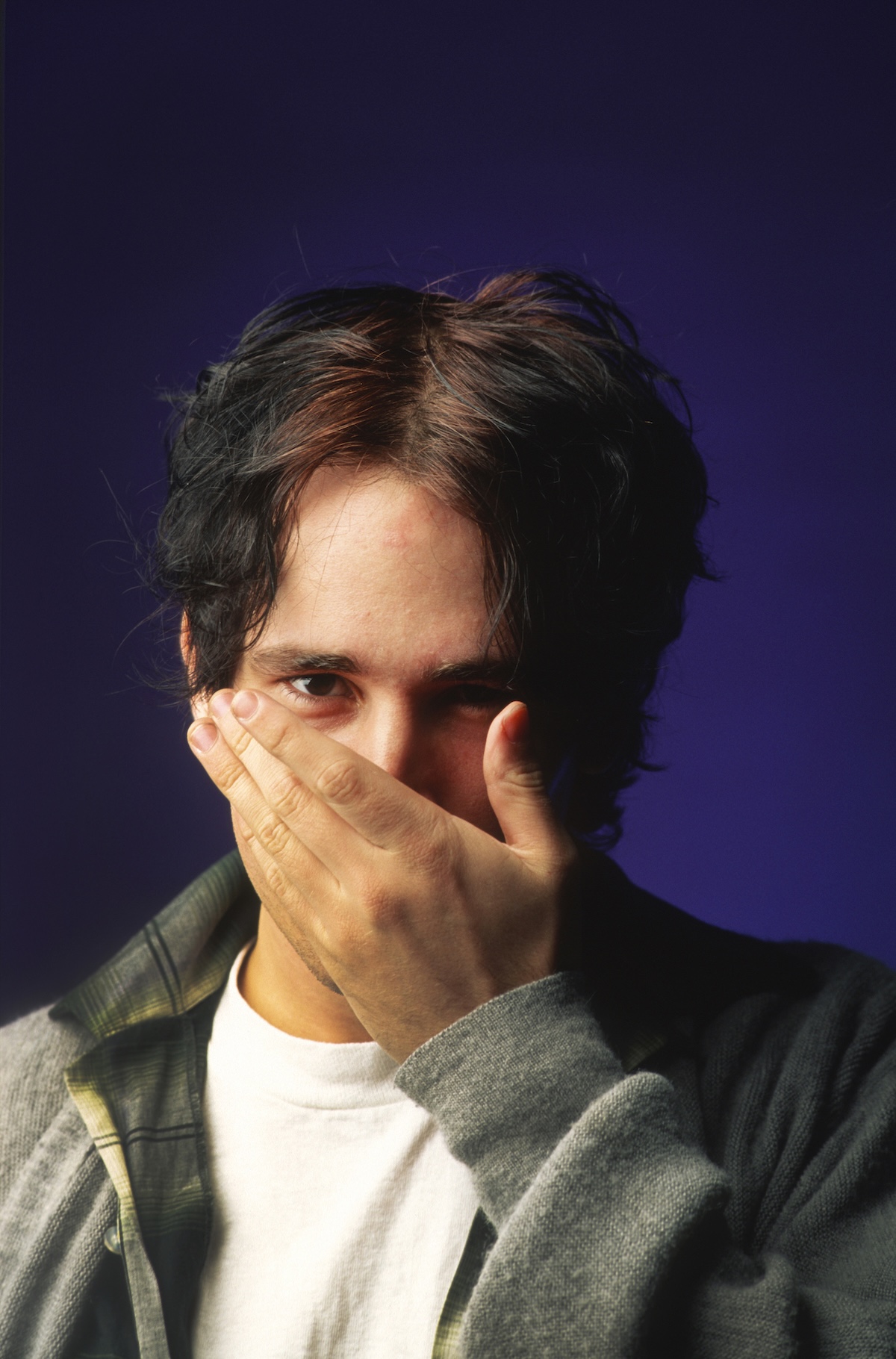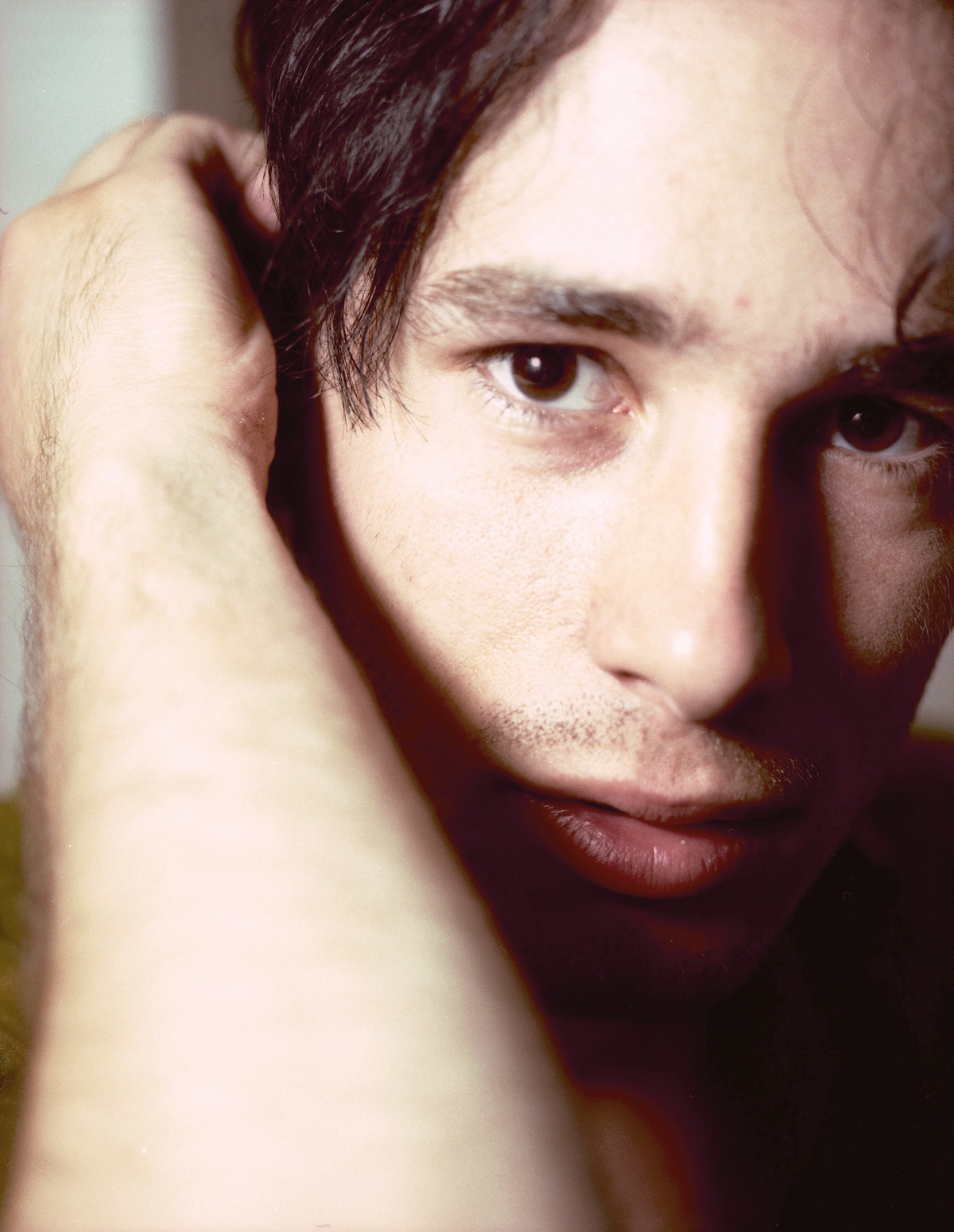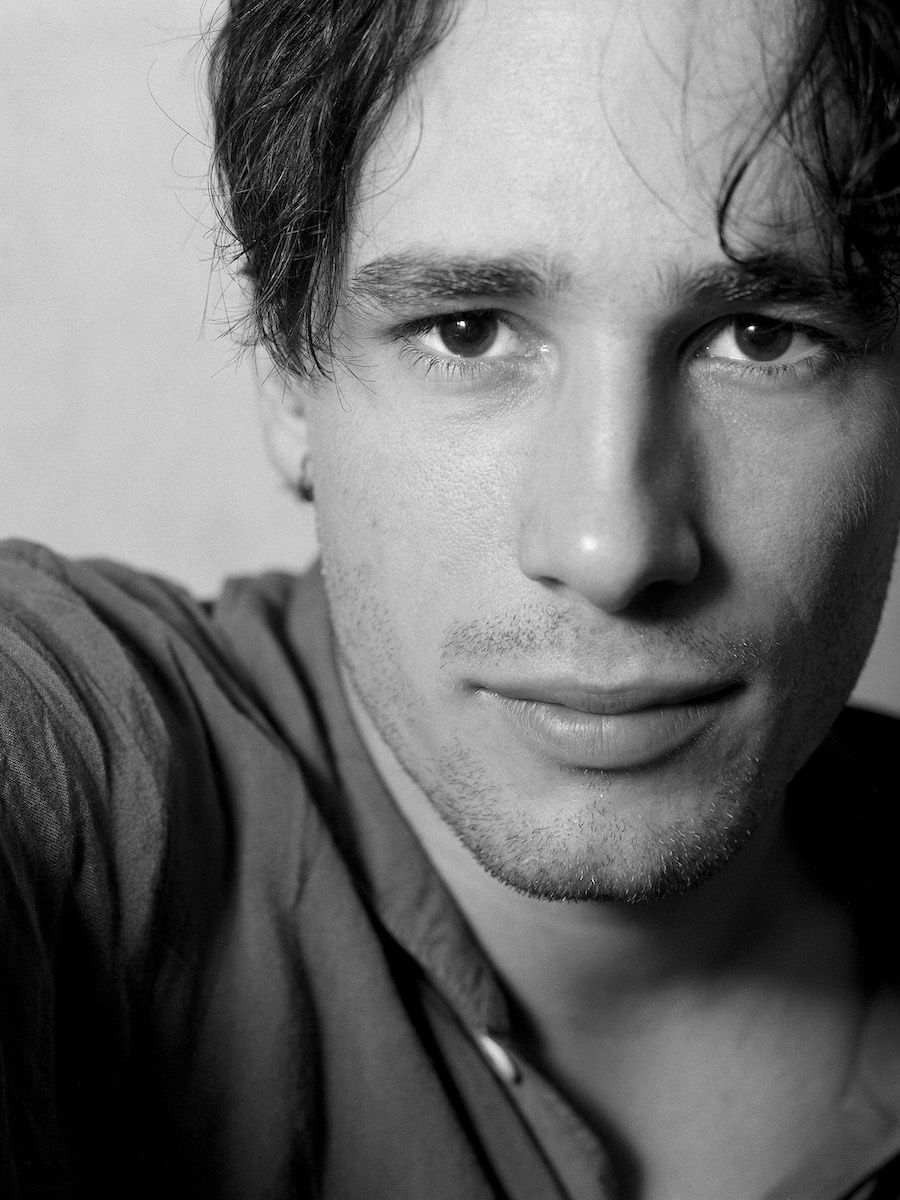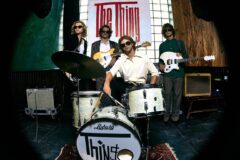“Now I think you can stay there. It’s like an Airbnb now,” says filmmaker Amy Berg about the now-famous house where musician Jeff Buckley lived during his three-month stay in Memphis, the city he retreated to after the release of Grace to work on his second album, My Sweetheart the Drunk.
Buckley’s time there was abruptly cut short by his accidental drowning in the Wolf River on May 29, 1997 at 30. Since his death, the little house at 93 N. Rembert Street has become a shrine for Buckley fans.
“It was empty for many years,” she says. “I’m sure that’s why they sold it. But I told his mom about the sale and she said if they really knew Jeff, they would’ve put a dog park there.”
Buckley’s mom is Mary Guibert, who is an executive producer on Berg’s new documentary about the legendary, angelic-voiced singer-songwriter, It’s Never Over, Jeff Buckley, out in theaters on August 8.
The documentary premiered at the Sundance Film Festival earlier this year and was quickly snatched up by Magnolia Pictures, the company distributing the film.
Berg’s career boasts exploratory documentaries such as the 2006 Oscar-nominated Deliver Us From Evil, about sex abuse in the Catholic church, her investigation of child sex abuse in the entertainment industry in 2014’s An Open Secret, and The Case Against Adnan Syed, the 2019 HBO true-crime docuseries.
Before she was a filmmaker, however, she managed a band called 16 Horsepower, which opened for Buckley at the Fez in New York City in the 1990s. Though she didn’t get to see much of Buckley’s performance, she remembers him. “I remember being near him and just feeling this electric thing,” she says. “There was something about him that was just so electric, you know? It was like, he was so passionate. He was great. It was just greatness.”


Needless to say, she was a fan, and still is, as her newest film illustrates.
With It’s Never Over, Jeff Buckley, Berg explores the life, career, and death of the musician—who’s legacy only seems to grow stronger—through the eyes of the women in his life; particularly Guibert, and former girlfriends, musician and actor Rebecca Moore and Joan Wasser (also known as Joan as Policewoman), though the film features others who were close to Buckley, such as bandmates Michael Tighe and Parker Kindred.
I talked with Berg over a video conference call about her years-long quest to make her latest documentary, her love of Jeff Buckley, and why he was so ahead of his time.
What inspired you to do a Jeff Buckley documentary?
I’ve been trying to do it since 2010 or something. I really loved his music, still love his music. When I finished my first film, I honestly didn’t know exactly what I wanted to do. I made Deliver Us From Evil because I was working on a story in the Catholic Church, and it was just like, I have to make this. And so the thing I wanted to do after that was this. And I reached out to [Jeff’s] mom many times. Every time I finished a film, actually, I reached out to Mary, and finally she said yes. But it was 10 years of asking.
I love the idea of music and film married together. To me, that is everything. And I loved music, and I went to every live show I could when I was in my 20s, and I just loved him as an artist. And the more I found out about his story, I wanted to tell it. It’s a really important story, the whole idea of being born into a legacy of a father that you met one time in your life, and born with all that talent and having to be introduced over and over again as the son of Tim Buckley when he didn’t really have the list of things that go with it to be someone’s son. You think about the word father and he just didn’t get the experience of having a father. So, that along with his relationship with his mother and the complicated relationship he had with her and his life, I mean, it was and is incredible art. So, it was all really cinematic to me. I hear his songs sometimes with images in mind, and so it just worked out that I had to make this movie.
I’m sure you’ve read Dream Brother by David Browne.
Yeah, an amazing book. Dave Lory wrote a book. There are people who have told their versions of the story. I wanted to tell the story about the women in his life. I always wanted to tell that story because he revered women in such a way that I thought it was interesting. As a young woman in my 20s, seeing him and that whole scene, it was like every girl loved Jeff Buckley. It was not cool to like Jeff Buckley if you were a dude pretty much right away. It was a very aggressive male scene at the time. It was grunge and punk. And then Jeff came around and he opened the floodgates, and suddenly it was okay to talk about your feelings. And I feel like he was the one that kicked the doors open, and it was important. It was such a big important part of how the ’90s played out. So the men who actually rose to the table and said, “This is really amazing music,” they’re all coming out of the woodwork right now. So, I’m so happy that I got to be a part of this story.


Is it true that you were originally going to make a biopic? Or a narrative feature, to be more accurate? What did that version look like?
Well, that’s what his mom wanted to make back when I first started reaching out to her. There was a script and they were trying to get that made. For me, the archive is rich and beautiful, and I really had a hard time thinking that anyone could replace Jeff in that way. I always wanted to make it as a doc, but I did engage with the idea for a minute.
Timothée Chalamet needs to do it.
He did a wonderful job portraying Bob Dylan, but I could see him transforming into Jeff Buckley, too.
There’s no reason he shouldn’t do it. I think he should do it. Tim, if you’re listening, we’ll cast you.
How was it working with Jeff’s mother, Mary?
It was great. She gave me the keys basically, and said, go make your movie. But it took her 10 years to say that because she needed to trust me. And when she did, she did. She didn’t have any editorial or creative say or anything, so it was great.
What new insights did you learn about Jeff when making this film?
From a distance, it’s hard to know anyone. But I just got close and I just felt his pain and his joy and his struggle. The insights are all those things. I wanted this film to be immersive and intimate. And we brought people in as close as we could to Jeff. And he wasn’t perfect, but his imperfections kind of made him more creative and beautiful.


He definitely had his quirks. But I think part of that was that he did not seem to be afraid to talk about things that other people were uncomfortable talking about.
Totally. He was deep and he was very critical about music, and it had to be right. He didn’t like things just because they were popular. He liked things because they were great.
Is there anything you wanted to put into the documentary that ended up not being included?
Oh, yeah. I mean, there’s a limit to what we found in Europe. Like, I really wanted that Olympia show. I love that recording, and there was no footage of that. There was no footage from the Australian shows. There was just a lack of certain moments that we wanted to capture. We had to be driven by the footage. We used a lot of songs in the film but there was a limit to the budget too, and what we could get the rights to.
I had a false alarm this weekend. Someone called and said they found some footage from St. Anne’s [The Church of St. Ann and the Holy Trinity in Brooklyn, where Buckley played his first public show during the “Greetings from Tim Buckley” tribute concert in 1991]. I started losing my shit, but then it turned out it was an audio only interview from Sin-é [a music venue in Manhattan]. Someone had a camera, we just don’t know who. And we never found that person. It could be in someone’s garage that passed away or something like that.


Why do you think Jeff’s story resonates with so many people, almost 30 years after his death?
Even more so now. I think it’s because of all the technology and noise and buzz. It’s a similar thing to the aggressiveness we were talking about earlier with the music scene in the early ’90s. You can’t really focus on anything else when you’re listening to his music. And I think that’s important to be able to ground and be raw, authentic. He was such a poet, you know? And that beautiful voice. I think that younger folks really relate to how articulate he is about feelings and emotions.
Especially so since society seems to be examining masculinity in a different way now.
He was way ahead of his time in his ability to not define by genders. He would cover women’s music and men’s music and punk. He could do anything. He was very broad. And like, Alanis Morrisette says in the film, it’s like masculine-feminine. I mean, he encompasses it all. But I just like the fact that Jeff was able to just be himself. He might have gotten bullied for being too feminine or whatever when he was a kid, but he took that and turned it around and made it what it was. And I think that’s beautiful.
What do you hope audiences will take away from this film?
I know it’s very intimate and personal, and everyone on TikTok is talking about how excited they are to have the cry of the summer and all of that. So there’s that. A good healthy cry is always good. But mostly, I think, getting to know him and feel him and understand his music better. I think that will come from this. And then also going and discovering the rest of his music.




